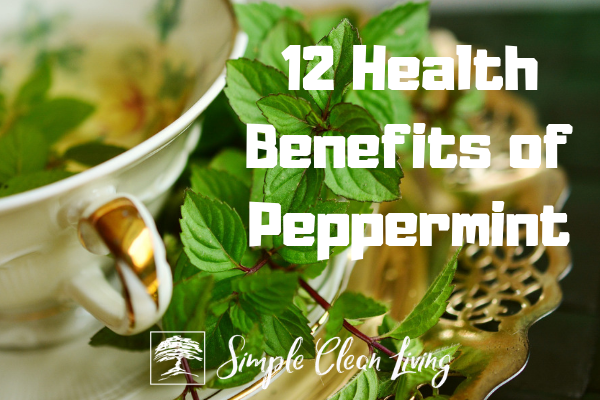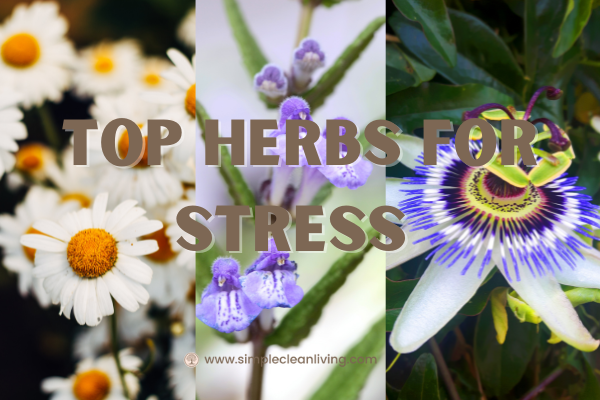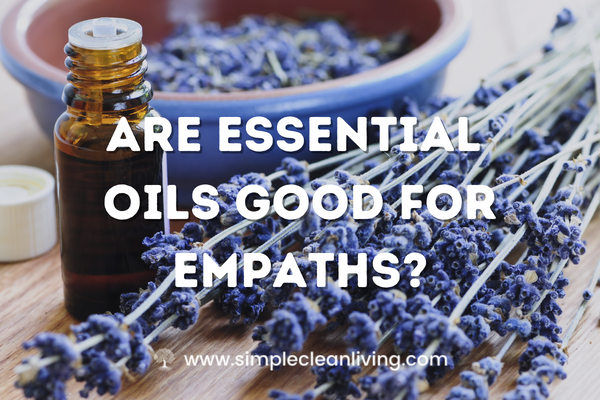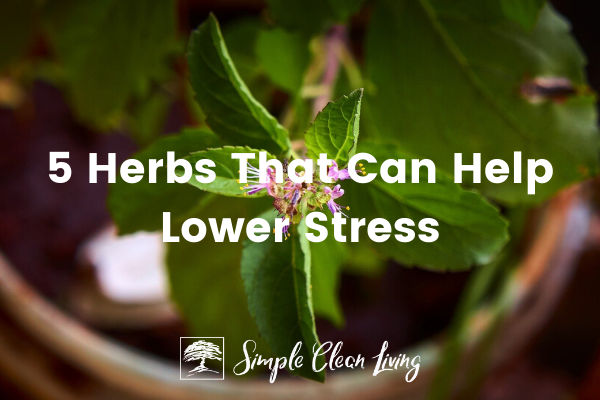Notice: I’m an affiliate for Amazon as well as other companies. Any links in this article may be affiliate links. I always appreciate it if you purchase something using my affiliate links. Doing so helps me to raise a little extra money that pays for the costs of running this site. And it allows me to continue bringing you quality content, all without costing you a thing! Thanks!
Do you like peppermint? Today we take a look at all the ways peppermint benefits health.
Peppermint (Mentha Piperita) is definitely one of the more well-known herbs. While known for its unique cooling taste, It also contains a host of great medicinal benefits. Used regularly in food products and personal care products such as toothpaste and mouthwash, most people would recognize both the smell and taste of this type of mint. The herb, which comes from Europe is actually a cross between two other herbs, spearmint, and watermint. It thrives when grown in a wide range of climates throughout the world.
Of course, our ancestors used peppermint for its medicinal qualities. Here are some of the health benefits of using peppermint.
Top peppermint benefits
Muscle pain relief
A lot of people struggle with muscle and joint pain each day. The good news is that studies have shown that peppermint essential oil, used topically can help to reduce the pain associated with inflammation of muscles and joints. Many products currently on the market for sore muscles contain peppermint oil.
Reduces headache pain
Peppermint acts as a mild muscle relaxant and may be beneficial for headache sufferers. A clinical study with 41 people showed that when peppermint oil was applied to the temples of a headache sufferer, it reduced the headache pain as effectively as 1000 mg of acetaminophen. Peppermint essential oil has been found to be more effective than peppermint consumed in tea form.
Reduces menstrual cramps
We’ve already discussed that peppermint has muscle relaxing components. Because of this, it has been used for centuries to reduce the pain of menstrual cramps in women. A study of 127 women showed that capsules of peppermint extract were as effective at reducing menstrual cramps as the non-steroidal anti-inflammatory medication used in the trial.
Helps sinus problems
The menthol in peppermint has been shown to both fight bacteria and reduce inflammation, both a problem in many cases of sinus trouble. Because of this, peppermint is often an ingredient in many chest rubs and natural decongestants.
Can help reduce cold symptoms
The menthol in peppermint is powerful indeed! Just as it can help with sinus problems, it can also help to reduce cold symptoms such as congestion. This is due to the anti-inflammatory components. As a natural antibacterial, it can also help to kill any of the viruses or bacteria that have contributed to the illness.
May alleviate allergy symptoms
Do you find yourself sneezing and wheezing during the spring or fall months? Allergies are no joke. But peppermint may be able to help. Its decongestant properties can help to unstuff you. Its anti-inflammatory components can help to soothe inflamed sinuses and its expectorant power can help to keep the junk out of your chest and lungs during allergy season.
Helps boost energy levels
If you feel fatigued during the daytime hours, peppermint may help! Studies have shown that peppermint essential oil has helped with daytime sleepiness.
Can help relax you
As we saw before, peppermint can help to give you an energy boost during the day. But it also can be calming for the nervous system and can help to relax the muscles as well.
Helps digestive issues
Peppermint has been used for thousands of years as a digestive aid. It promotes the production of bile as well as helping to get bile moving. It has also been shown to help reduce the bloating associated with digestive distress. Both peppermint tea and essential oil can help to tame nausea. In fact, they are particularly effective for pregnant women who experience nausea as a part of morning sickness.
Benefits your mouth
It’s pretty well known that peppermint can help to freshen breath. That is why it is used as the main ingredient in toothpaste, mouthwash, breath mints, and gum. Before the advent of these products, people often chewed on fresh peppermint leaves to help freshen breath. But did you know that peppermint may also help to prevent cavities and help prevent gum disease? Peppermint’s natural anti-inflammatory and antibacterial properties help to kill bacteria that can contribute to gum disease and cavities.
Can help your hair and scalp
Do you have dandruff or other scalp issues? Peppermint may help! Because it is both anti-inflammatory and antiseptic it naturally helps to soothe the itching scalp and can also help to reduce or prevent dandruff. It also helps to improve circulation to the scalp which can encourage hair growth.
Peppermint benefits for skin
The menthol in peppermint has been used for generations to help soothe inflamed skin. But it does more than just help with inflammation. Using peppermint regularly can also freshen your skin, making it look brighter! If you struggle with acne or regular skin breakouts, it may help with that too! Peppermint controls the amount of oil produced by the pores. It also helps pores from becoming clogged, leading to pimples and acne breakouts.
Consuming peppermint regularly in tea form can help to increase your intake of nutrients. It’s rich in potassium, magnesium, and calcium. It also contains trace amounts of nutrients such as vitamin A, C, and folate.
While considered safe, there are always precautions with most herbs and spices. Do not consume peppermint if you have a hiatal hernia or GERD. If so avoid peppermint as it can aggravate symptoms. It is generally recognized as safe for pregnant women. As will any food or beverage, allergies can develop.





This is awesome! Thank you so much for sharing this
You’re very welcome!